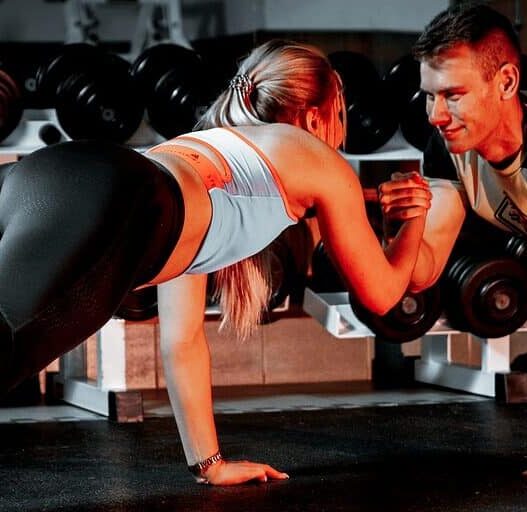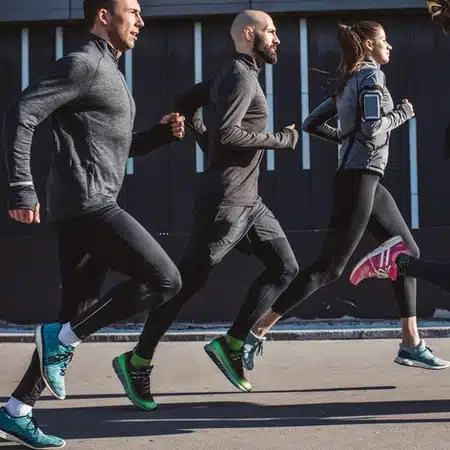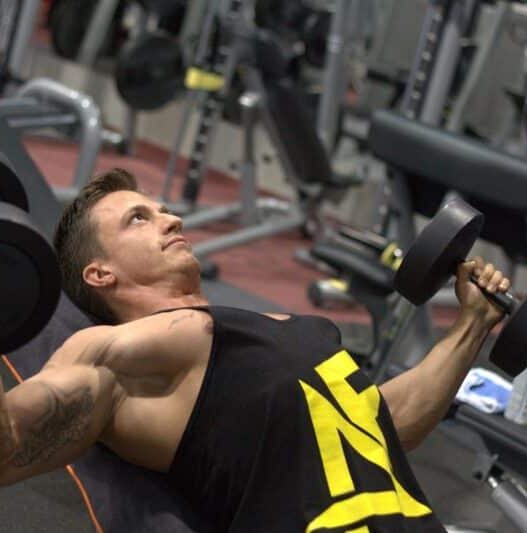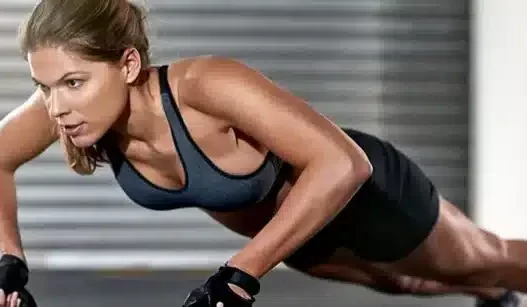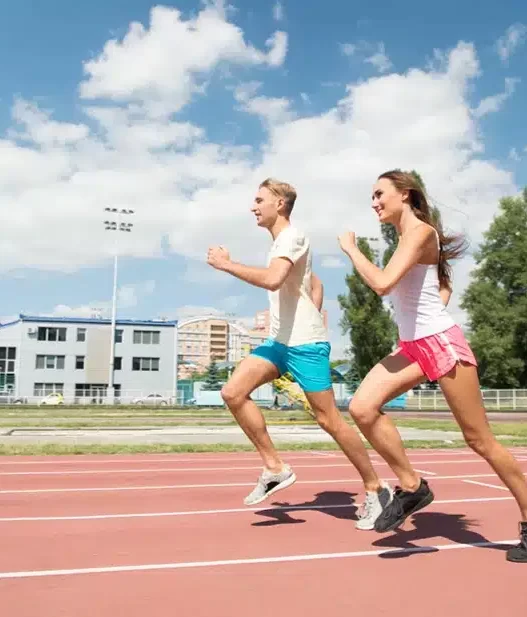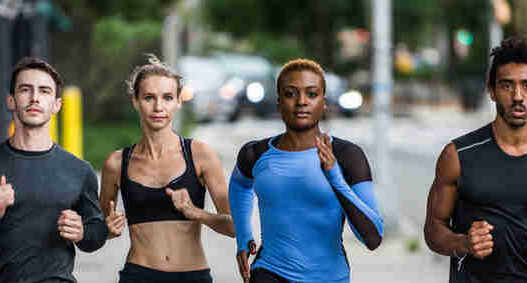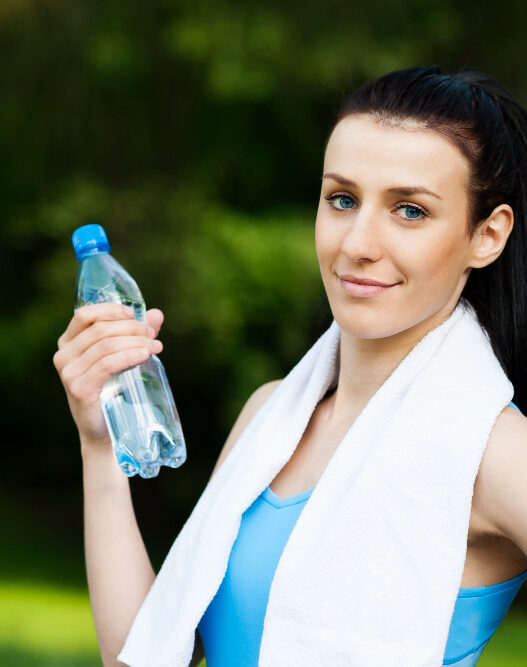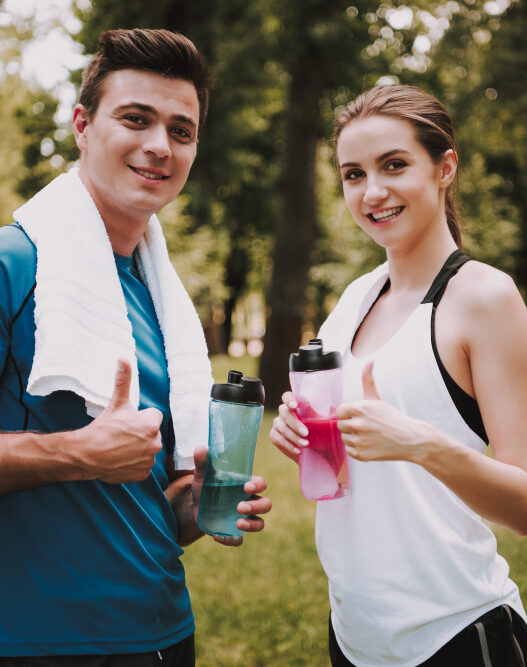The New Year is upon us and it has finally arrived. We can reflect on the previous year and see what goals we have or have not achieved. For example, if the goal was to increase the athletic or sports performance or healthy eating, whether we have achieved or not. The goals we have not obtained can be assessed and discussed with your personal trainer, wellness coach, registered dietitian, etc. The key to achieving the client’s personal goals is for the personal trainer, wellness coach, or registered dietitian to determine what type of training and nutrition plan that addresses the client needs.
The first thing I would propose for a client is performing a movement screen analysis. We want to see where their weaknesses lie and immediately address this area right away. We should also analyze their nutrition habits. The old saying has always been, “You are what you eat” and having said this we should always focus on quality nutrition as opposed to counting calories.
In terms of nutrition, we should always add one good habit at a time. Dr. John Berardi, the founder of Precision Nutrition would state that an individual should change their behavior systematically and add quality nutrition over a given period. What he meant by this is that we must climb the mountain one step at a time to achieve success.
The same concept would apply to an athlete who wants to improve their leg speed or increase their athletic or sports performance. The first thing we need to address is their running mechanics. The next thing we have to address is if they can perform sport specific strength training with body weight before we add dumbbells and kettlebells into the program.
The following is an example of a training session that systematically builds maximal speed over a ten-week period and increases athletic or sports performance:
Sports Performance Training
Week One – Week Four
Monday
Specific warmup then perform the following circuit:
Body weight (BW) Lunges with heel recovery: 2*10 (2 sets of 10 reps)
Forward Leg Cycling: 2*10
Backward Leg Cycling: 2*10
Hip Pulses: Start off with 2 sets of 20 reps and gradually build up to one set of 100 reps on each leg.
Sprinting on the Spot: In order to complete this exercise, stand on one leg in a running specific position and run in place for 20 seconds and take 60 seconds recovery in between. As you get more skilled at this, you can gradually increase the tempo for 60 seconds and take a two-minute recovery in between each interval.
Straight Legged Skips (Scissors): 2*20 meter
High Knee Switches: 2*20 meters
Tuesday
Off (0) recovery
Wednesday
Sport Specific Training:
Snatches: 5* 5 reps ( 5 sets of 5 reps)
Cleans: 5*5 reps
Single Leg Suitcase Squats: 5* 5 reps
Single Leg Deadlift to Reach: In order to perform this exercise, stand on one leg and hinge your hip forward (for example, if you were stand on your left leg you suspend your right leg behind you) and reach your arms forward if you were touch a wall. As you get more skilled you can use a medicine ball for added resistance. Please complete 2 sets of 10 reps.
High Knee Jumps: 2* 5 reps
- Then complete 5*400 meters faster than 800 meter race pace Or 8*200 meters faster than 800 meter race pace with a two minute recovery in between.
Thursday
Off (0) recovery
Friday
Same as Monday
Saturday
Off (0) recovery
Sunday
Same as Wednesday
Week Five – Week Seven
From week five to week seven, it is best for the athlete to focus on hill sprints to build power and leg speed and thereby increased athletic or sports performance.
Week Nine – Week Ten
For week nine and ten, we can add plyometric training to improve one’s ground contact time to further increase performance of an athlete in sports.
The following is a sample session:
- Hip Drive/ Alternate Hip Drive Drill: 2*30 meters
- Low to High Leg Cycling Drill: 2* 30 meters
- Depth Jumps, then progress onto to single leg depth jumps: 3*5 (note: 3 sets of 5 reps)
- Single Leg Hops: 2* 30 meters
- Single Leg Squat Jumps: 2*5 (note: 2 sets of 5 reps)
Then complete two sets of 600 meter breakdown (2* 600 meters): Breakdown consists of 300/200/100.
- 300 meters: take about a two minute recovery in between
- 200 meters: take about a two minute recovery in between
- 100 meters: Please take 3 minute recovery in between sets.
The same concept would apply for the endurance athlete that wants to gradually increase their running volume or athletic performance over a given period of time. The safe way to increase mileage is by following the cycle below:
Week One Week Two Week Three Week Four Week Five Week Six
30 MPW 30 MPW 36 MPW 36 MPW 42 MPW 30 MPW
By increasing one’s volume by two percent every two weeks, one will slowly adapt to the training that is being presented to them.
It is also wise to incorporate recovery weeks so that the individual can fully adapt to the training that is being presented to them.
We also have to assess sleep patterns as well. As a society, we like to socialize with our colleagues, friends, family, etc. and by implementing bad sleeping habits (i.e. not following a sleeping schedule), this could hinder our performance in the gym, court, track, sports etc. We should always emphasize at least eight to ten hours of high-quality sleep each night. We must add this habit slowly into our program in order to make this a life lasting habit.
In conclusion, by systematically adding small positive habits over a given period one would not only accomplish their fitness and athletic or sports performance goals but also develop life-lasting positive habits that can improve one’s quality of life.
Also, do subscribe to Healthieyoo!.

Venkat Reddy is a NASM certified personal trainer, Certified Strength and Conditioning Specialist (CSCS) through the NSCA and a Functional Movement Screen Specialist who is based in the New York Metropolitan Area, United States




